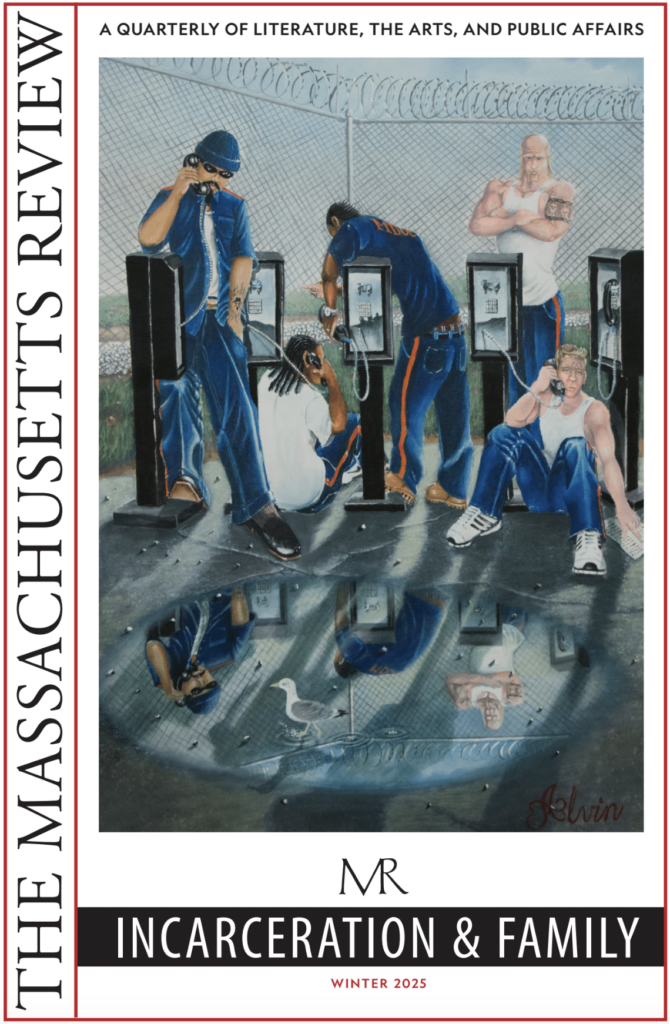Greer (R) with her father (L). Tell us about your relationship to writing: how it began, where it’s headed, etc. How has incarceration influenced it?I began writing as a way to get out of, and navigate, punishment as a child. I would write poems and stories for my mother in the hopes . . .








